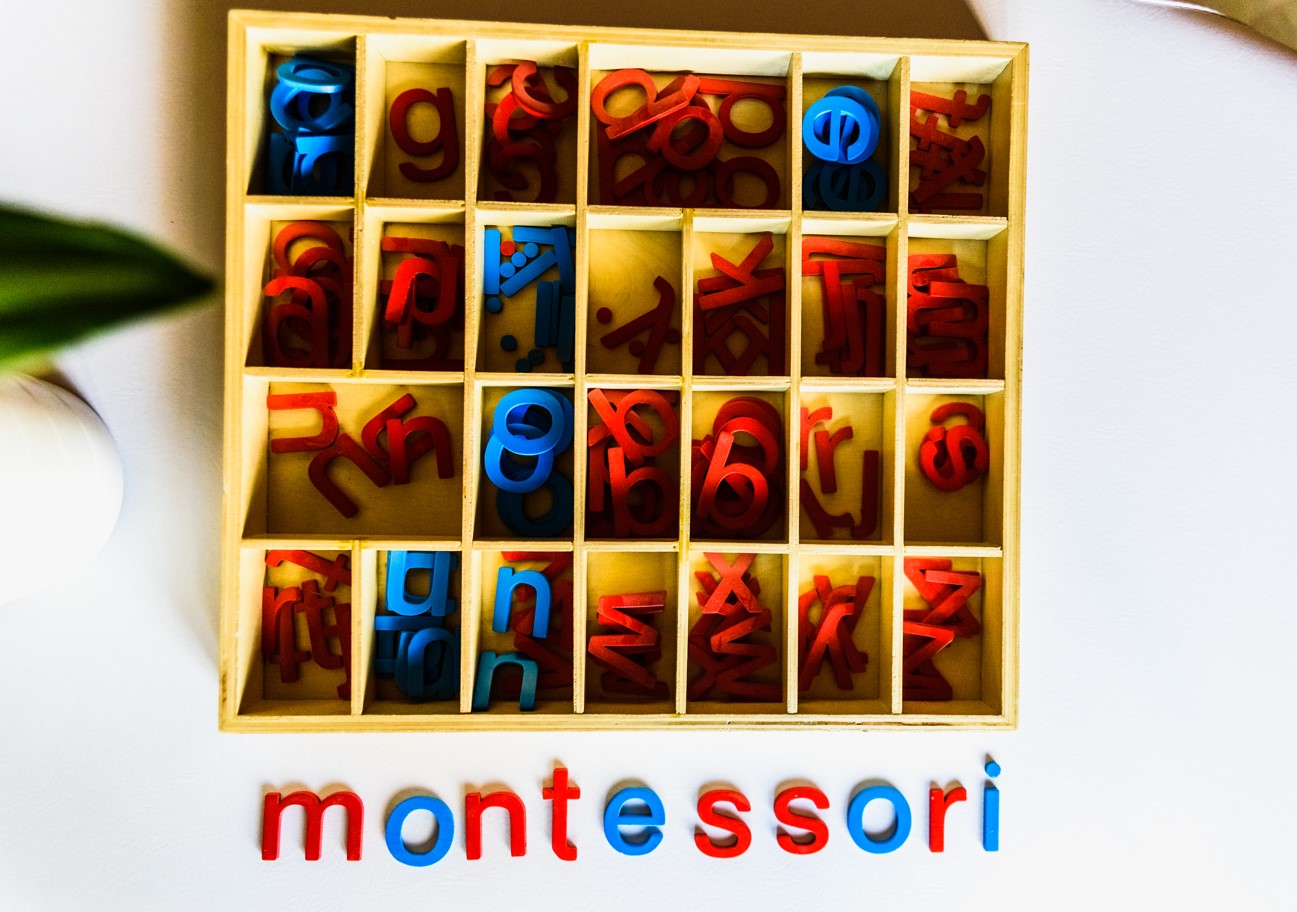Exploring Montessori's Unique Approach to Language Development in Early Years

Language development in early childhood plays a crucial role in a child's cognitive, social, and academic growth. The Montessori approach offers a unique perspective on nurturing language and literacy skills during these formative years, focusing on individualized, hands-on learning experiences and an immersive language environment. By understanding the distinctive Montessori methods and strategies, parents, caregivers, and educators can create an engaging atmosphere that sparks curiosity and feeds the natural drive to learn language skills.
In this article, we will delve into the Montessori approach to language development, exploring the different stages of this process, and how Montessori-inspired activities can foster early literacy skills. With an emphasis on nurturing a child's innate desire to learn, Montessori education creates the foundation for a lifetime of effective communication and a love for language.
Embark on this journey of language exploration within the Montessori context, discovering practical tips and strategies for supporting children's language development through the incorporation of Montessori principles and hands-on activities. By embracing a Montessori-inspired approach to language learning, parents, caregivers, and educators can contribute to a lifelong appreciation for effective communication and the wonders of the written and spoken word.
Exploring Montessori's Unique Approach to Language Development in Early Years
Language development is crucial during early childhood, paving the way for a lifetime of effective communication and academic success. The Montessori approach offers innovative strategies to foster language and literacy skills, encouraging individualized, hands-on learning experiences and a rich linguistic environment. In this article, we will explore Montessori's distinctive methods for nurturing language development and discover how this approach can contribute to a lifelong love of language.
1. The Importance of Language Development in Early Childhood
Language development during early childhood lays the foundation for several key aspects of a child's cognitive, social, and academic growth:
A. Cognitive Development: Language skills contribute to a child's ability to think, reason, and process new information, making language development essential for cognitive growth.B. Social Development: Effective communication is crucial for building strong social connections, allowing children to form healthy relationships and navigate various social situations successfully.
C. Academic Achievement: Strong language and literacy skills set the stage for academic success, as children with well-developed language abilities often perform better in school, particularly in reading and writing tasks.
2. Montessori's Unique Approach to Nurturing Language Skills
The Montessori approach to language development is built upon several key principles that promote natural, organic language learning:
A. Absorbent Mind: Montessori recognized the young child's innate ability to absorb language effortlessly, emphasizing the importance of providing a stimulating language environment during this critical period.B. Sensitive Periods: Montessori education recognizes sensitive periods for language development, ensuring that teaching strategies are tailored to align with a child's readiness for acquiring specific language skills.
C. Hands-On Learning: Montessori methods prioritize experiential, tactile learning opportunities that engage children and encourage the exploration of language concepts in a tangible way.
3. Stages of Language Development in the Montessori Curriculum
The Montessori approach outlines several stages of language development during early childhood, each presenting specific areas of focus and opportunities for growth:
A. Pre-Literacy Stage: During this stage, which typically occurs between birth and age three, children absorb language passively, laying the foundation for expressive communication and early literacy skills. Montessori environments foster language acquisition through rich oral experiences and sensorial materials that stimulate auditory, visual, and tactile senses.
B. Phonetic Awareness: As children approach age four, their language development shifts towards understanding the relationship between sounds and symbols. Montessori education nurtures this phonetic awareness with hands-on activities that associate letters with their corresponding sounds, paving the way for reading and writing.
C. Decoding and Encoding: Children in the Montessori environment begin to develop decoding (reading) and encoding (writing) skills by learning the connections between letter sounds and their corresponding written symbols. Montessori materials, such as wooden toys, sandpaper letters and movable alphabets, allow children to manipulate and explore language elements, fostering a more in-depth understanding of written language.
4. Montessori-Inspired Activities for Fostering Early Literacy Skills
Montessori-inspired activities can support the development of early language and literacy skills by offering hands-on, engaging experiences tailored to individual abilities and interests:
A. Sandpaper Letters: Introduce children to letter shapes and sounds using sandpaper letters, which allow children to trace the shapes while hearing and repeating the corresponding sounds.
B. Movable Alphabet: Encourage phonetic awareness and early writing skills through the use of a movable alphabet, which enables children to arrange letters to form words and sentences.
C. Language Stories and Games: Create opportunities for children to practice expressive and receptive language skills. Engage them in storytelling activities, language-based games, or group conversations to encourage communication and critical thinking.
D. Word Building Activities: Utilize hands-on materials and activities, such as word puzzles, matching games, or word search activities, to help children build vocabulary and understand the composition and structure of words.
5. Creating a Prepared Language Environment for Optimal Learning
A Montessori-inspired language environment provides opportunities for children to naturally absorb and explore language concepts:
A. Language-Rich Setting: Establish an environment with a diverse array of language materials, including labels, posters, books, and ample opportunities for conversation and oral language experiences.
B. Organization and Accessibility: Organize materials in a way that is easily accessible for children, inviting them to explore language concepts at their own pace and interest level.
C. Connection to Real-Life Experiences: Create connections to everyday life by incorporating real-life objects and experiences into language learning, such as names of household items, animals, or foods.












